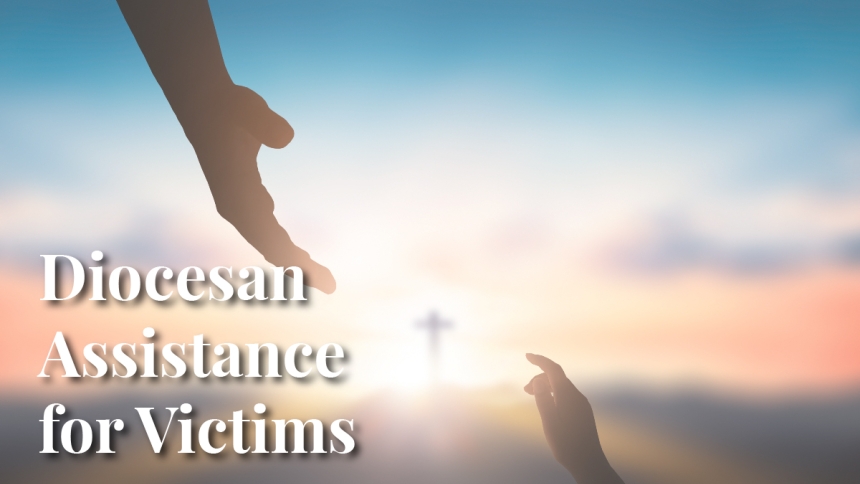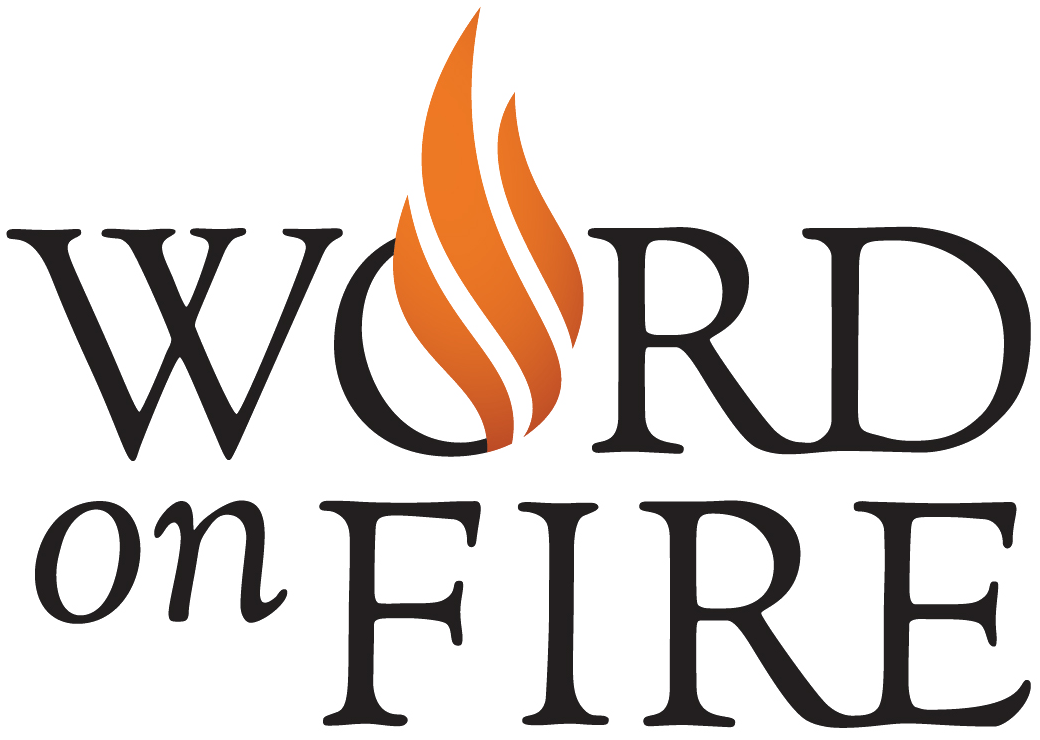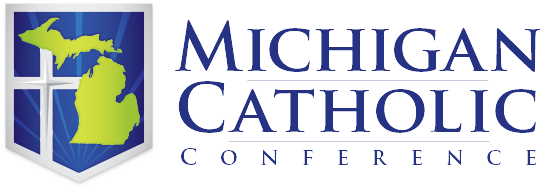
For the past 20 years, the Church, especially in the United States, has sought to confront the evils of clergy sexual abuse directly and at the same time, shift from a defensive posture to a pastoral and trauma-informed response to survivors. This approach, especially in the Diocese of Gaylord, is one of hospitality and accompaniment.
In his 2018 “Letter to the People of God,” Pope Francis reminds us, “If one member suffers, all suffer together with it.” (1 Cor 12:26) He goes on to identify “sexual abuse, the abuse of power and the abuse of conscience perpetrated by a significant number of clerics and consecrated persons” as “Crimes that inflict deep wounds of pain and powerlessness, primarily among the victims, but also in their family members and in the larger community of believers and nonbelievers alike...The pain of the victims and their families is also our pain, and so it is urgent that we once more reaffirm our commitment to ensure the protection of minors and of vulnerable adults.”
For those who may have experienced sexual abuse by a member of the clergy, religious or an employee of the Church, there is hope and healing.
Reporting Abuse
Individuals may contact the victim assistance coordinator line, which is a direct and confidential call. We partner closely with law enforcement and ensure that all allegations are reported to the Michigan Attorney General’s Office and other appropriate law enforcement officials. If the individual is still a minor, we immediately also report the allegation to Michigan Department of Health and Human Services’ Children’s Protective Services, as required by law.
For many, the healing journey begins many years after the abuse occurred. Most cases of abuse occurred prior to 2000, and the culture of silence regarding sexual abuse in the Church and the mainstream U.S. society made it much more difficult for survivors to report what happened. Many experienced the second trauma of being doubted by the Church, civil authorities and even their families. By the time individuals are ready to tell the story, they have often experienced years of spiritual, emotional and physical scars from the wounds of the abuse and the aftermath.
Healing Process
Healing from any trauma but especially sexual trauma is a process that takes time and needs to focus on empowering the survivor. The process in the Diocese of Gaylord seeks to put the survivor “in the driver’s seat” and can include pastoral care, a personal meeting with Bishop Walsh, counseling of the person’s choosing and support for healing retreats and other resources.
Spiritual and pastoral care is often a primary need in the healing process. This can take many forms, and the victim assistance coordinator can work with the survivor to find an appropriate person for spiritual care and direction. Mass and the other sacraments are an incredible fount of healing grace, especially for the deep wounds in our lives. At the same time, it is important to recognize that some survivors may have a difficult time going to church because of the association of traumatic events, and pastoral care can and should start where the person is.
A private meeting with the bishop is often an important part of the healing response of the Church. It has been my privilege to be invited by survivors to sit in on these meetings several times; to see the healing power of sharing a story of abuse and receiving from the bishop a sense of acceptance and genuine compassion.
The Diocese of Gaylord helps survivors of abuse to receive appropriate therapy from a counselor of their choosing and the victim assistance coordinator will help in finding the right clinician if needed. Psychotherapy can be very effective in promoting empowerment and healing of emotional wounds, leading to relief and reduction in emotional distress. Evidence-based practices, including Trauma Focused Cognitive Behavioral Therapy, Eye Movement Desensitization and Reprocessing Therapy and others, are very effective. These can assist an individual in gaining resources for emotional management, reducing irrational guilt and shame that often fuels suffering and help to reorder traumatic memories to create a narrative of resilience and hope.
In serving as the victim assistance coordinator, it has been my greatest privilege to be invited to walk alongside survivors in their journey of healing. I have witnessed incredible courage and resilience of people who have survived traumas, the past inadequate and harmful responses by some in the Church and the larger culture of silence to heal and thrive. “If one member suffers, all suffer together with it…” (1 Cor 12:26). Likewise, when one survivor of abuse finds hope and healing, this is a moment of grace and joy for the whole Church.





